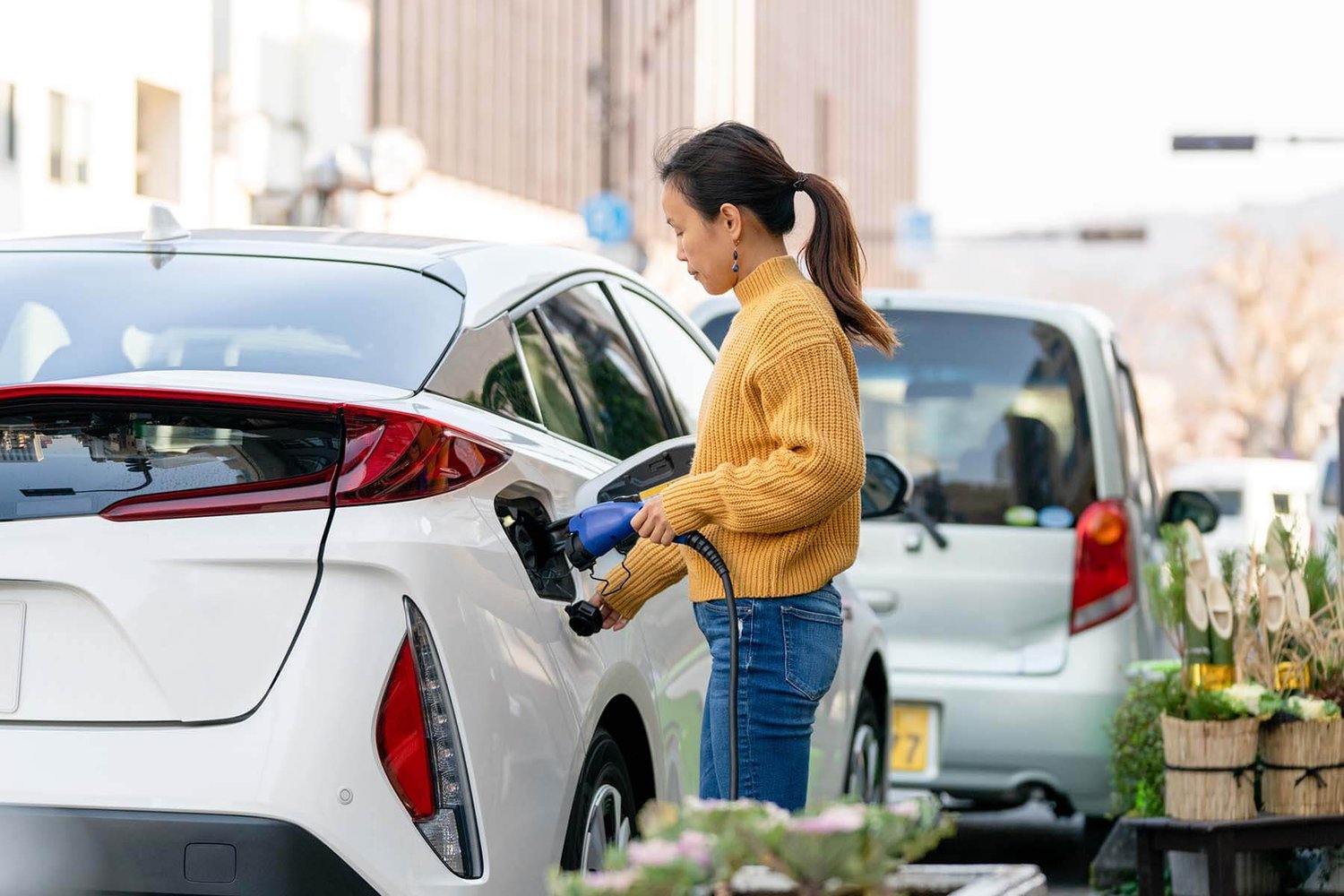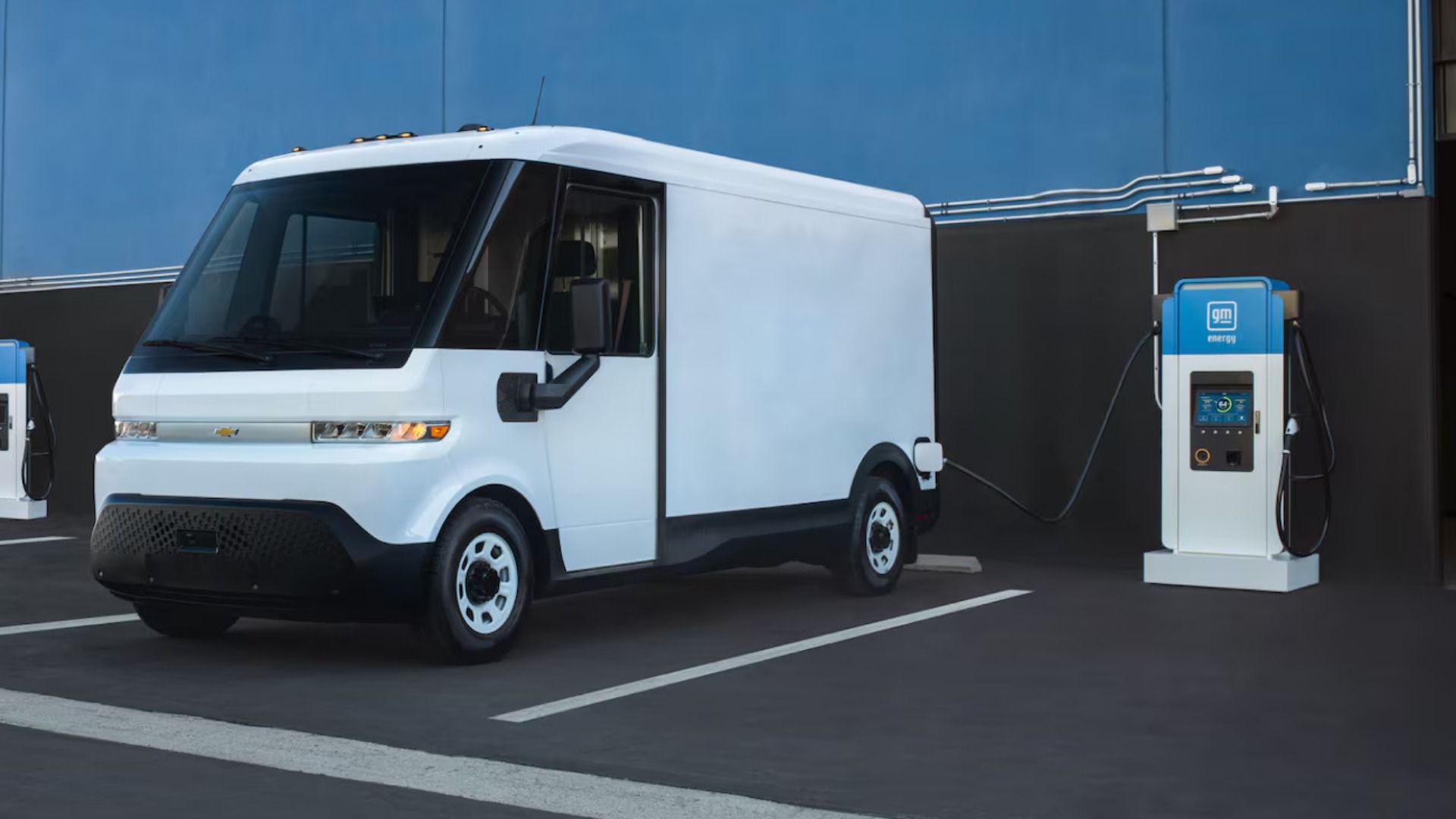Foley Weekly Automotive Report – Transport
United States:
Foley Weekly Automotive Report
To print this article, all you need is to be registered or login on Mondaq.com.
This report helps automotive suppliers inform their legal and
operational decisions to help address challenges and opportunities.
Contact your Foley relationship partner, or John R.
Trentacosta or Ann Marie Uetz, to follow up.
Key Developments
- U.S. new light-vehicle sales in July are
forecast to reach a SAAR of 15.0 million to 15.2
million units, according to estimates from J.D. Power and LMC Automotive, and Cox Automotive, respectively. - Ford, Volkswagen and Nissan increased full-year
earnings guidance based on the strength of second
quarter earnings reports. - GM extended downtime at five
North American plants
in Michigan, Tennessee,
Kansas and Mexico due to
the chip shortage. - Ford returned to a mandatory mask
requirement regardless of vaccination
status for its facilities in Missouri,
Florida and Kentucky due
to rising COVID-19 cases, and the
automaker will now require U.S. employees to be fully
vaccinated for COVID-19 prior to international business
travel. Stellantis resumed a mask requirement for its
facilities
in Illinois and Indiana. - The U.S. Senate revealed a bipartisan infrastructure bill that that
would authorize roughly $1 trillion in spending over
eight years; the bill is headed for debate in the
Senate. - The Biden administration could
release updated fuel-efficiency
standards for new light vehicles as soon as this
week. - U.S. Rep. Debbie Dingell
(D-Michigan) introduced a bill intended to address the effects of
the microchip shortage on the auto industry by
investing $2 billion on domestic semiconductor
manufacturing for mature technology nodes. - Companies including Disney, Walmart, Facebook and Google have recently
announced COVID-19 vaccine
requirements with varying timetables and impact on
their workforces; most large manufacturers have thus far not
mandated vaccines, according to The Wall Street Journal. - Uber, Twitter, Google,
Apple and Netflix are
among the companies delaying planned returns to in-person
work due to the spread of the delta variant. Much of
the San Francisco Bay Area will return to indoor mask mandates this week
regardless of vaccination status. - Electric vehicles and low emissions
technology:- According to Bloomberg, the Biden administration is in the
early stages of discussions with the UAW and automakers
to commit to a 2030 sales target for
EVs; no details have been confirmed, but unnamed
sources speculate the target could be as high as 40%. - Ford COO Lisa Drake said its capital
expenditures on electric vehicles will surpass internal combustion
engine vehicles by 2023; the automaker previously announced that EVs will represent 40% of
its global sales by the end of the decade. - Tesla produced over 206,000
vehicles, exceeding a quarterly profit of $1 billion
for the first time in the company’s history in
its Q2 2021 earnings results from April -
June. - Hyundai and LG Energy
Solution announced plans to form
a 50/50 joint venture that will
invest $1.1 billion to build a battery cell plant in
Indonesia, with construction scheduled to be completed in
the first half of 2023. - Ford selected Romulus, Michigan, as the site
of its previously announced “Ion
Park” global battery center. The automaker
will invest $100 million to refurbish an
existing 270,000-square-foot facility that
will employ up to 200 engineers. The site has
received tax breaks through a
“renaissance zone designation” from the Michigan Economic
Development Corp.
- According to Bloomberg, the Biden administration is in the
Market Trends and Regulatory
- J.D. Power and LMC Automotive forecast
total new-vehicle sales in the U.S. to reach 1.31
million units in July, representing a 2.7% increase from
July 2020 and a 12.4% decrease from July 2019, with the decline
attributed to weak fleet sales. The seasonally adjusted
annualized rate (SAAR) for total new-vehicle sales is projected to
be 15.0 million units, representing an
increase of 0.4 million units from July 2020, and a decrease of 1.9
million units from July 2019. The same forecast notes
that inventory constraints have weakened
the pace of U.S. retail sales, but persistent strong
demand is expected to increase average
transaction prices above $41,000 for the first
time. Cox Automotive predicts U.S. new light-vehicle
sales will reach 1.33 million in
July, representing a SAAR of 15.2 million
units, down from 15.4 million units in June. - The Biden administration issued a proposal to require
a higher level of American-made products in the
“Buy American” program for government
procurements. Under the proposal, products procured by federal
agencies would increase to 60% from a current level of 55%
American-made parts, with the requirement increasing to 65% by 2024
and 75% by 2029. - A report released last week by
the American Automobile
Association found that in-dash fuel economy displays
in tested vehicles were off by an average of 2.3%, noting
that drivers take an “unnecessary risk” if
they overly rely on the “miles-to-empty”
displays. - According to the U.S. Energy Information Administration
(EIA), U.S. CO2 emissions from energy consumption
decreased by 11% in 2020, reflecting the largest annual
decrease on record, as the COVID-19 pandemic reduced mobility and
economic activity. The EIA noted that CO2 emissions
are forecast to increase by 7% in 2021.
OEMs/Suppliers
- Production impact of the semiconductor
shortage – GM extended downtime into the week of August
2 for Lansing Delta Township
Assembly in Michigan,
Spring Hill
Assembly in Tennessee and
Ramos Assembly in Mexico, and
through the week of August 16 for San Luis Potosi
Assembly in Mexico; the four
plants have been down since the week of July 19.The automaker also
added four weeks of downtime to its Fairfax Assembly
plant in Kansas; this plant
will resume limited production the week of September 20, and has
been down since the week of February 8.The automaker intends to
resume pickup truck production the week of August 2
at Flint Assembly
plant in Michigan, Ft. Wayne Assembly
plant in Indiana
and Silao Assembly
plant in Mexico.- Stellantis will stop production of the Jeep Gladiator
pickup truck at its Toledo South Assembly
Plant in Ohio the week of
August 2, marking the first time this vehicle has been impacted by
the chip shortage.
- Stellantis will stop production of the Jeep Gladiator
- Toyota will suspend production at two Japanese plants
for an unspecified number of days as rising COVID-19
cases in Southeast Asia disrupt parts
supplies. Last month, the automaker stopped production for
several days at three plants in Thailand due to the
impact of COVID-19 cases on one of its local suppliers. -
Ford, Volkswagen and
Nissan raised full-year earnings
outlooks after reporting profitable second quarter
financials: Ford reported a second quarter profit of $561
million due to strong demand, lower incentives, and a favorable mix
of more profitable vehicles; the automaker increased full-year
earnings guidance to $9 billion to $10 billion, from a previous
forecast of $5.5 billion to $6.5 billion. Volkswagen
Group expects its adjusted operating
return on sales to rise to between 6% and 7.5%, from a previous
guidance of 5.5% to 7%; while noting that the impact of the
semiconductor shortage is expected to be “more
pronounced” in the third
quarter. Nissan expects an operating profit of 150
billion yen ($1.4 billion) for the fiscal year ending March 2022,
up from a previous guidance that it would break
even.
Connected/Autonomous Vehicles and Mobility Services
- While progress is expected to continue in the development of
autonomous vehicles, some in the industry are predicting the near-term
focus will shift from full autonomy to advanced
driver-assistance systems (ADAS). - U.K.-based autonomous vehicle
company Arrival announced it has successfully completed a test run of its
automated driving system at an unnamed parcel facility.
Electric Vehicles and Low Emissions Technology
- In its most recent earnings
results, Tesla suggested that production
of its Cybertruck pickup could be delayed as a result of the chip
shortage, noting that the global semiconductor
shortage and port congestion were key supply chain
challenges in the second quarter. - The founder and former head of EV startup Nikola
Corp., Trevor Milton, has been charged with two
counts of securities fraud and one count of wire
fraud for misleading investors about the
company’s products and capabilities. - Hyundai is planning two demonstration projects of more than 30 of
its hydrogen fuel-cell electric heavy-duty trucks in
California. The vehicles are based on Hyundai’s Xcient
Fuel Cell truck, which is scheduled to launch in the second quarter
of 2023. - Tesla agreed to pay $1.5 million to settle
claims that a software update for over
1,700 Model S vehicles that was intended to reduce the
risk of battery fires also reduced the vehicles’ battery
range.
The content of this article is intended to provide a general
guide to the subject matter. Specialist advice should be sought
about your specific circumstances.
POPULAR ARTICLES ON: Transport from United States









